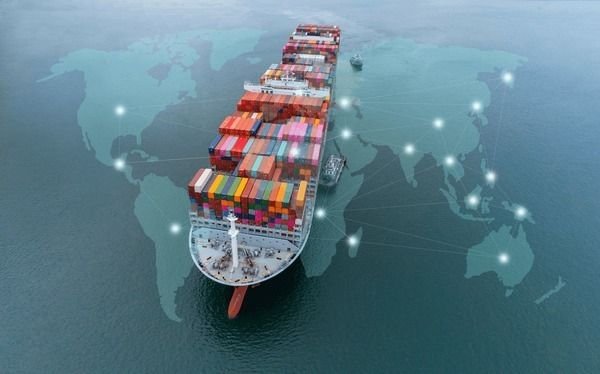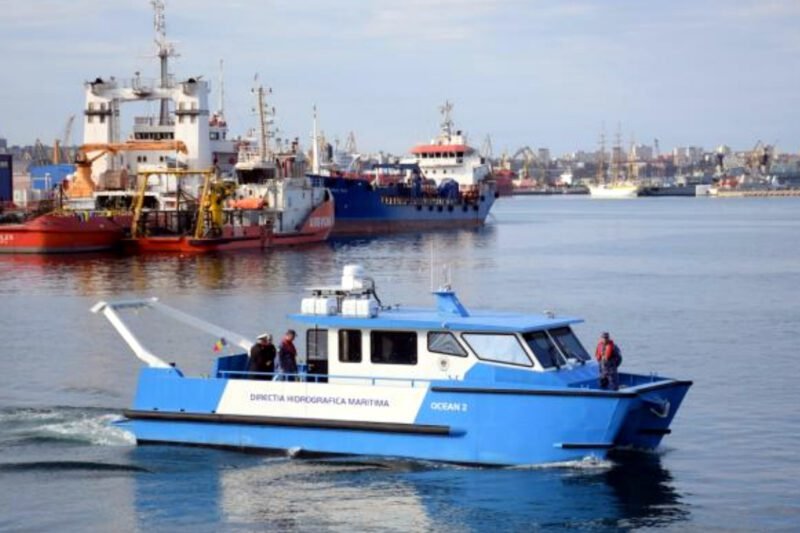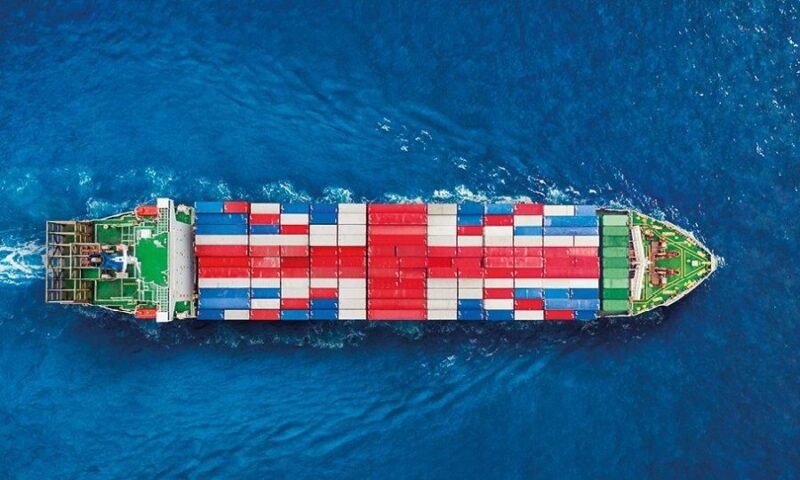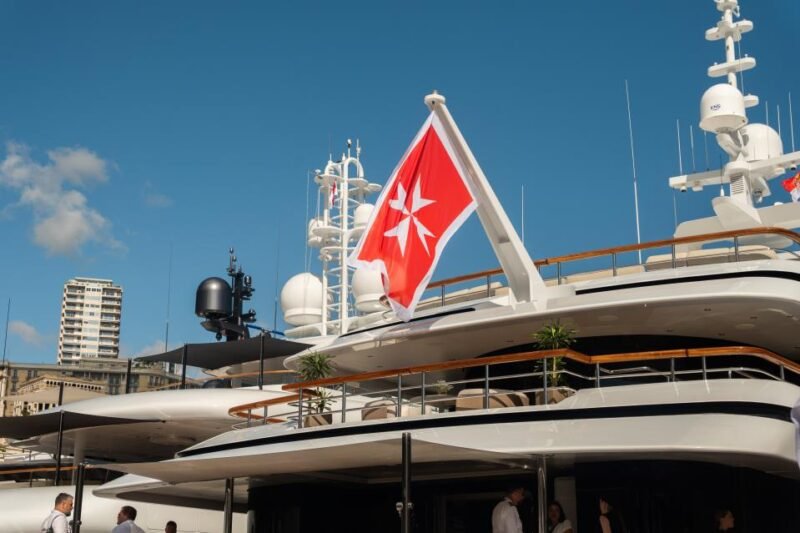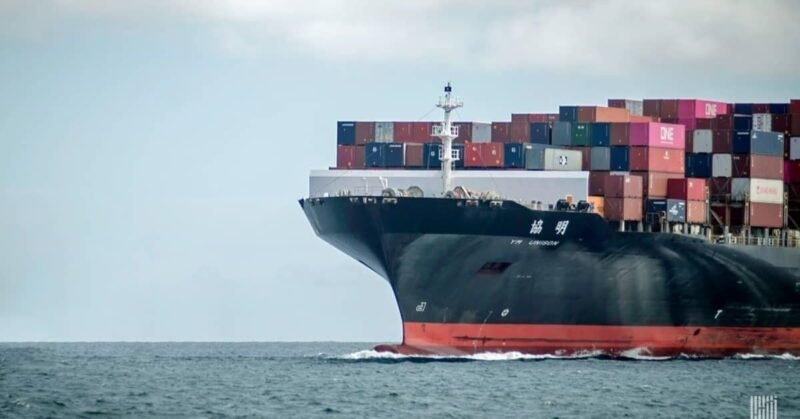The FuelEU Maritime regulation may yield unexpected financial benefits for the shipping industry, potentially generating a net gain of around USD$279 million (€250 million), according to an analysis by OceanScore. The regulation’s impact on greenhouse gas (GHG) emissions compliance reveals an initial deficit of approximately 2.1 million metric tons (MT) of CO₂e among vessels exceeding the thresholds, while more efficient LNG and LPG carriers produce a surplus of about 1.3 million MT. This results in a net compliance gap of roughly 0.8 million MT, likely to be addressed through biofuels, which, despite their higher costs, offer emissions reduction credits under the EU ETS.
Covering this compliance gap with biofuels is estimated to cost the industry around USD$223 million (€200 million), a manageable figure for such a large sector. Emissions-related costs are increasingly passed on in segments like container shipping and ferries, which account for nearly half of total emissions. OceanScore suggests that if half of operators impose surcharges linked to FuelEU penalties, additional revenue could reach USD$502 million (€450 million), leading to a potential net gain after compliance costs.
The implications of this value shift depend on the stakeholders involved. Owners, charterers, and ship managers face varying levels of exposure to compliance costs and differing abilities to transfer these costs. FuelEU not only introduces new regulations but also paves the way for a compliance credit market, where operators can trade surpluses and deficits, enhancing competitiveness through pricing and strategy.







